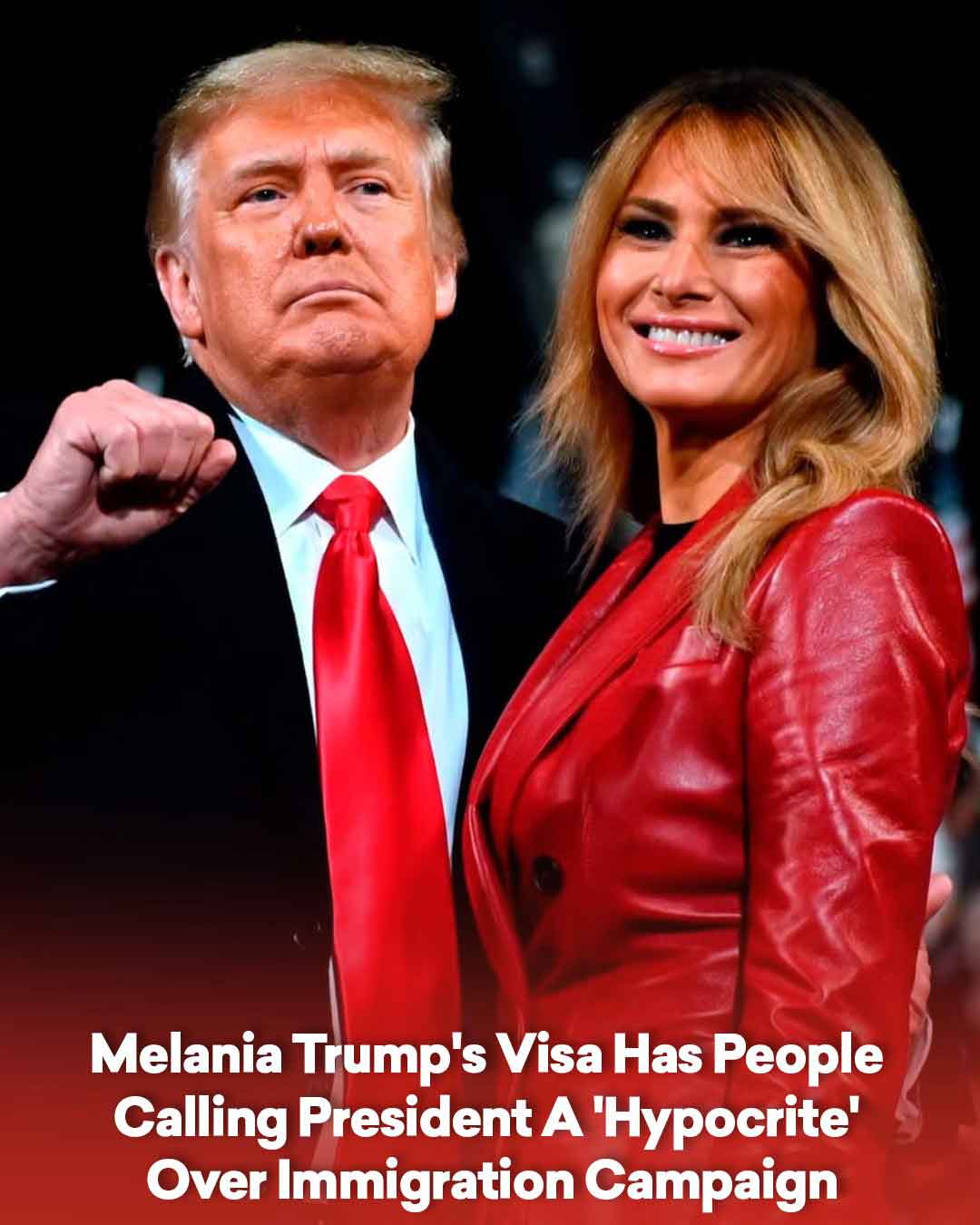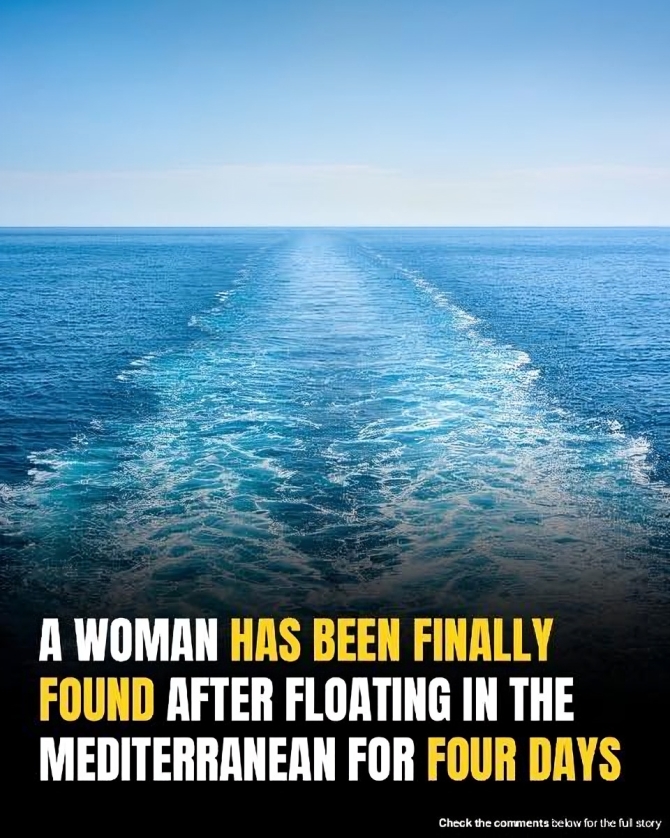Melania US citizenship explained as people get confused over her ‘Einstein visa’
Melania Trump’s journey to U.S. citizenship has resurfaced as a topic of national debate, particularly in light of her husband, former President Donald Trump’s well-known hardline stance on immigration. Questions about the process by which she obtained her green card and later citizenship have been circulating for years, but they were brought back into the spotlight during a recent House Judiciary Committee hearing.
Representative Jasmine Crockett of Texas raised eyebrows when she questioned the legitimacy of Melania’s approval for an EB-1 visa—often referred to as the “Einstein visa.” This specific visa category is reserved for individuals who can demonstrate “extraordinary ability” in fields such as science, the arts, education, business, or athletics. Typical recipients include Nobel Prize winners, internationally acclaimed researchers, Olympic medalists, or globally recognized figures with documented and sustained acclaim in their field.
“It doesn’t take an Einstein to see the math doesn’t add up,” Crockett stated during the hearing, implying skepticism that Melania’s modeling career met the high bar required for such a visa. Her comments echoed a broader sentiment shared by critics who have long questioned whether Melania’s professional background—primarily as a fashion model—qualified her for a visa typically awarded based on clear, peer-recognized achievements and substantial evidence of international distinction.
Following the hearing, social media platforms lit up with debate. Supporters of the former First Lady defended her career as being internationally successful and argued that she met the criteria at the time. Others, however, saw this as yet another example of how wealth, fame, or personal connections can sometimes appear to smooth pathways that are typically complex and restrictive for the average immigrant.
The controversy also reignited conversations around the perceived inconsistencies in Donald Trump’s immigration policies. While his administration famously enacted stricter immigration rules and attempted to reduce the number of legal immigrants allowed into the country, critics see Melania’s fast-tracked legal status and the subsequent citizenship of her parents through family reunification as contradicting the very policies Trump advocated.
At the heart of the debate is a larger question: Are America’s immigration laws being applied equally to all, or do privilege and influence allow some to bypass normal scrutiny? Melania Trump’s case is now being cited by lawmakers and immigration advocates as an example of how the system may offer exceptions for the elite, while imposing hurdles on those with fewer resources or connections.
As the 2024 election season heats up and immigration continues to be a hot-button issue, stories like this one are likely to remain in the public eye. Whether Melania Trump’s EB-1 visa was fully justified or not, the renewed attention underscores how personal stories can shape—and sometimes complicate—the national conversation around who gets to call America home.







